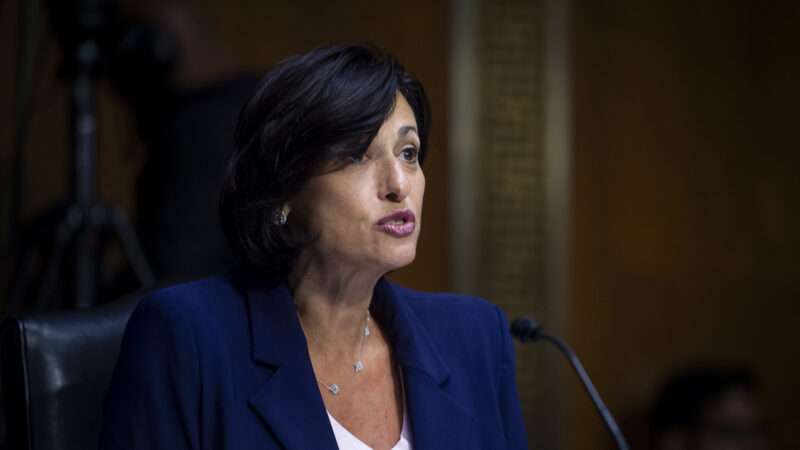
In a major acknowledgment that most people have some form of protection from severe COVID-19 disease—either from vaccines or prior infection—the Centers for Disease Control and Prevention (CDC) no longer recommend social distancing as a general strategy to slow the spread of the virus.
New guidelines from the CDC also state that masks are only warranted in schools if the level of community spread is "high." When the spread is at a "medium" level, high-risk individuals should wear masks. When the spread is at a "low" level, masks are not recommended.
"At all COVID-19 Community Levels (low, medium, and high), recommendations emphasize staying up to date with vaccination, improving ventilation, testing persons who are symptomatic and those who have been exposed, and isolating infected persons," according to the CDC.
The new guidelines also remove the need for individuals merely exposed to COVID-19 to isolate until they can produce a negative test. Individuals who test positive for COVID-19 should continue to isolate for five days, however.
If anyone was still waiting for official permission from the nation's top health officials to resume life as normal, it is here. By signaling that the universal masking-and-social-distancing phase of the pandemic is now over, the CDC has conceded that the U.S.' COVID-19 prevention strategy should now revolve around protecting those who are at heightened risk.
And perhaps most importantly: Schools in areas of the country where community spread is low or medium do not need to require general mask wearing.
"This latest guidance from the CDC should give our students, parents, and educators the confidence they need to head back to school this year with a sense of joy and optimism," said Education Secretary Miguel Cardona in a statement.
Washington, D.C., school officials, take note: The level of community spread in the nation's capital is currently low.
The post CDC No Longer Recommends Social Distancing, Masks in Schools Unless Spread Is High appeared first on Reason.com.







